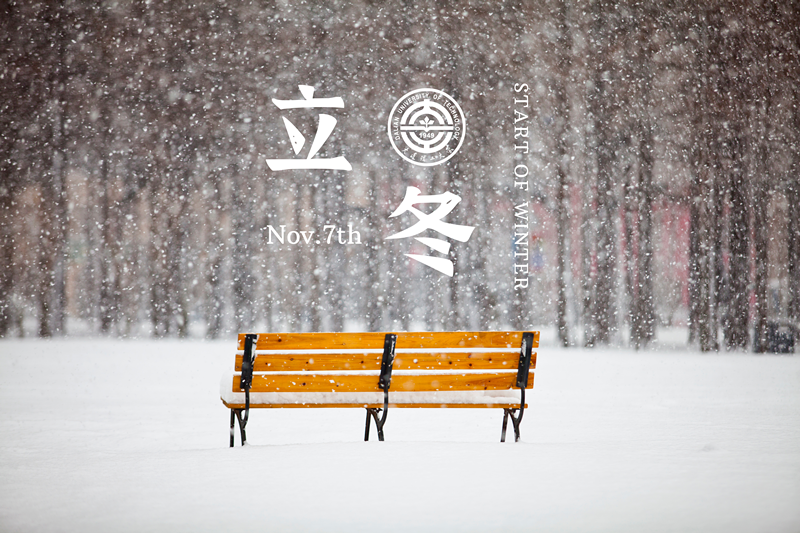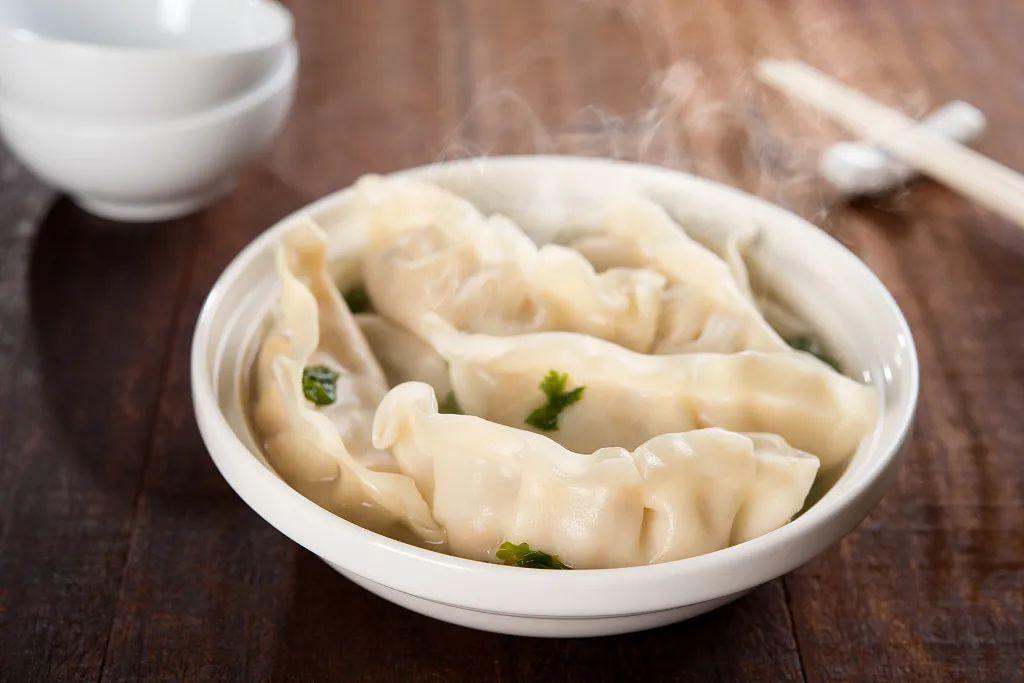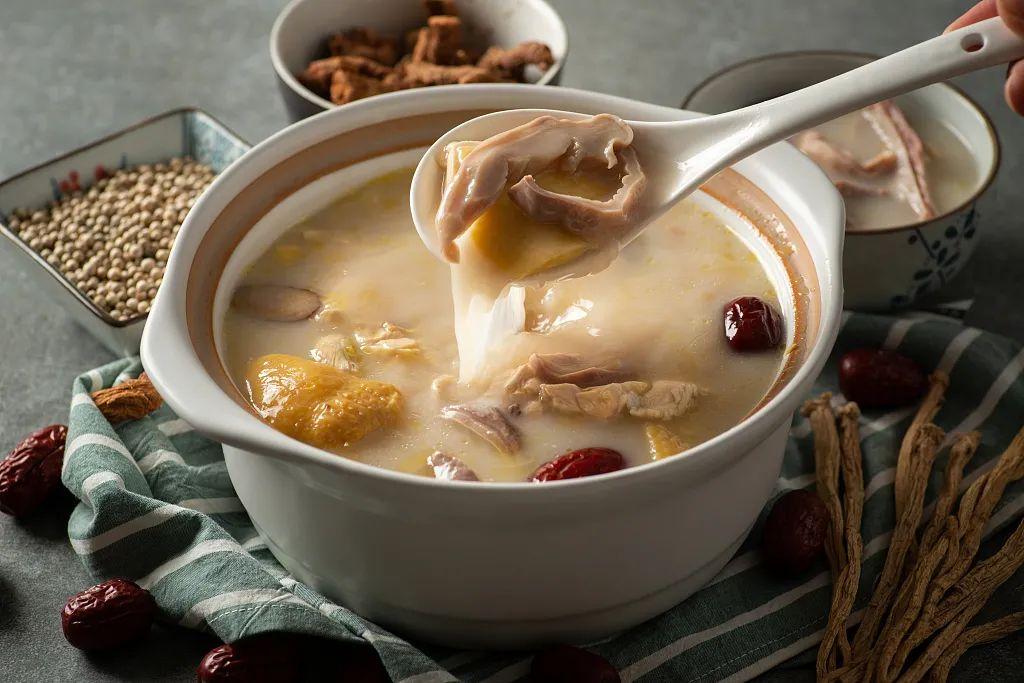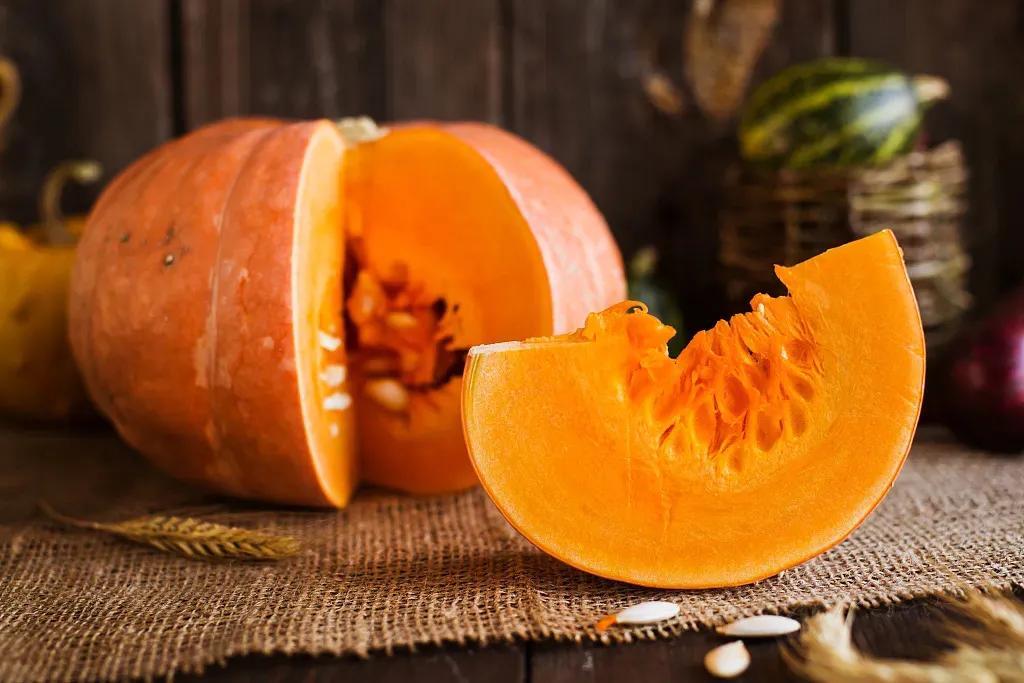首页 > 常识 >
二十四节气之英文表达—立冬
100次浏览 发布时间:2024-08-22 17:00:11立冬是冬季的第一个节气,也是中国传统二十四节气(the 24 traditional Chinese solar terms)中的第十九个节气。立,是“建立、开始”的意思;冬有“终了”的意思。所以,立冬至,则冬日始,秋收作物要储藏起来了。
立冬的英语表达很简单,即Start of Winter。

古时人们将立冬视作冬天的开端,然而,受地理环境和纬度因素影响,各地实际入冬的时间也会不同。
In fact, the Start of Winter is not the beginning of winter in terms of meteorology. The climate every year is different, so the beginning of winter could be quite different. And with the vast territory of China, winter time starts at different times in different areas.
事实上,从气象学上讲,立冬并非冬天的开始。每年的气候都是不一样的,因而冬天开始的时间也会有所差异。由于中国幅员辽阔,每个地区的冬季也不会在同一时间开始。
01
Beginning of winter or not
立冬是否是冬天的开始?
In ancient times, the Chinese people took the Start of Winter to be the beginning of the winter. However in fact, the Start of Winter is not the beginning of winter in terms of meteorology. The climate every year is different, so the beginning of winter could be quite different. And with the vast territory of China, winter of every area doesn’t begin at the same time.
在古代,中国人把立冬当作冬天的开始。然而事实上,从气象学的角度来看,冬天的开始并都不是立冬。每年的气候都不一样,所以冬天的开始可能会很不一样。而且中国幅员辽阔,各地的冬天并不是同时开始的。
02
Welcoming the winter in ancient times
古代迎冬
The four beginnings of the seasons were important festivals in ancient times. Before the Start of Winter, the ancient emperor would take a shower and have no more meat. On that day, the emperor would lead his officials to the suburbs and perform the ceremony of "welcoming the winter."
在古代四季的开始是一个重要的节日。在立冬之前,皇帝通常会洗个澡,不再吃肉食。在这一天,皇帝会带领他的官员到郊区,举行“迎冬”仪式。
03
Eating dumplings
吃饺子
A legend has it that at the end of the Eastern Han Dynasty (AD25-220), "Medical Saint" Zhang Zhongjing saved many people in Henan province from a typhoid epidemic and their ears’ from being frostbitten around Start of Winter.
传说在东汉末年(公元25-220年),“医圣”张仲景救了许多河南人,让他们免于流行伤寒,帮助他们在初冬时耳朵免于冻伤。
He cooked mutton, hot peppers and herbs to dispel the cold and increase body heat. He wrapped these ingredients into a dough skin and made them into an ear shape. Since then, people have learned to make the food which became known as "dumpling". Today there is still a saying that goes "Eat dumplings on Start of Winter Day, or your ears will be frostbitten".
他通过煮羊肉、辣椒和一些草药来给大家驱寒,增加体温。他把这些配料包在一个面皮里,做成耳朵形状。从那时起,人们就学会了包饺子。今天仍然有一个说法,“在初冬吃饺子,否则你的耳朵会被冻伤”。

04
Yifan Festival of Mulam Ethnic Minority
仫佬族依饭节
Yifan Festival is one of the most important festivals of the Mulam ethnic minority in Guangxi Zhuang autonomous region. It is held around the Start of Winter every three to five years and lasts one to three days. The festival includes inviting the god, offering sacrifices, asking the god to enjoy the sacrifice, singing praise of the god, drinking wine with the blood of chicken, and sending the god off.
依饭节是广西壮族自治区仫佬少数民族最重要的节日之一。该节日大约每三到五年举行一次,持续一到三天。这个节日的项目包括邀神、献祭、请神享受献祭、唱赞美神的歌、用喝鸡血酒、奉神而去。
05
"Nourishing the winter"
“养冬”
On the first day of Start of Winter, there is a custom, "nourishing the winter", in Southeast China in places such as Fujian, Guangdong and Taiwan provinces. To prepare for the oncoming cold winter, people there like to eat high-calorie food such as chicken, duck, beef, mutton, and fish, which are usually stewed with the four Chinese medicines: angelica, ligusticum wallichii, Chinese herbaceous peony and rehmannia glutinosa libosch, to enhance the effectiveness of the nourishment.
在立冬的第一天,在中国东南部的福建、广东和台湾等省份有一个习俗,叫“养冬”。为了应对即将到来的寒冷冬天,那里的人们喜欢吃高热量的食物,如鸡、鸭、牛肉、羊肉和鱼,这些食物通常与当归、川芎、芍药、地黄四味中药一起炖,以提高营养的功效。

06
Eating Chinese pumpkins
吃南瓜
In Tianjin, on the first day of Start of Winter, people eat dumplings stuffed with Chinese pumpkins (wogua). It is a common vegetable in North China. Generally, the pumpkins are bought in the summer and stored until the Start of Winter when they are taken out.
在天津,在立冬的第一天,人们吃南瓜饺子(倭瓜)。它是中国北方常见的蔬菜。一般来说,南瓜是在夏天买好,然后储存到冬天开始的时候再取出来。

07
Eating tuanzi in Wuxi
吃团子
On the first day of Start of Winter, people in Wuxi have a custom of eating tuanzi, a kind of traditional Chinese food made with rice. At this time, the autumn grain crops have just been sold on the market, and the tuanzi made by the newly-harvested crops tastes delicious. Most rural residents make tuanzi by themselves, while urban residents buy ready-made tuanzi. The tuanzi stuffing can be sweet bean paste, radish or lard.
在立冬的第一天,无锡人有吃团子的习俗,团子是一种用大米做成的中国传统食物。此时,秋粮刚刚上市销售,新收获的作物做的团子味道鲜美。大多数农村居民自己制作团子,而城市居民购买现成的团子。团子馅可以是豆沙、萝卜或猪肉。
08
Offering sacrifices to ancestors
祭祖
The Start of Winter, when the autumn crops have been placed in storage, was the time of the festival for the people of the Manchu Eight Banners and Han Eight Banners in Benxi of Liaoning province. Incense was burned and sacrifices offered to ancestors. The Eight Banners (baqi) were administrative/military divisions during the Qing Dynasty (1644-1911).
立冬的时候,秋收的庄稼已经被储存起来,也是辽宁省本溪市满八旗和汉八旗人焚香和祭祖的节日。八旗是清代(1644-1911)的行政/军事部门。
- 07-06 告别九月十月你好的早安句子
- 09-03 古诗《秋词》赏读:晴鹤一排直云上,便引诗情到碧霄
- 09-26 尝试三次,波罗申科终于离开乌国,未来能去哪里?或投奔拜登
- 11-05 丹山风景区旅游攻略(丹山赤水风景区)
- 12-06 外语学习的真实方法及误区分析(学习英语的三大误区!)
- 01-04 借款还不上怎么办
- 01-04 偷一万元怎么处理
- 01-04 离岗创业项目书怎么写
- 01-04 怎么加盟劳务派遣公司
- 01-05 开滴滴遇到查车怎么办

